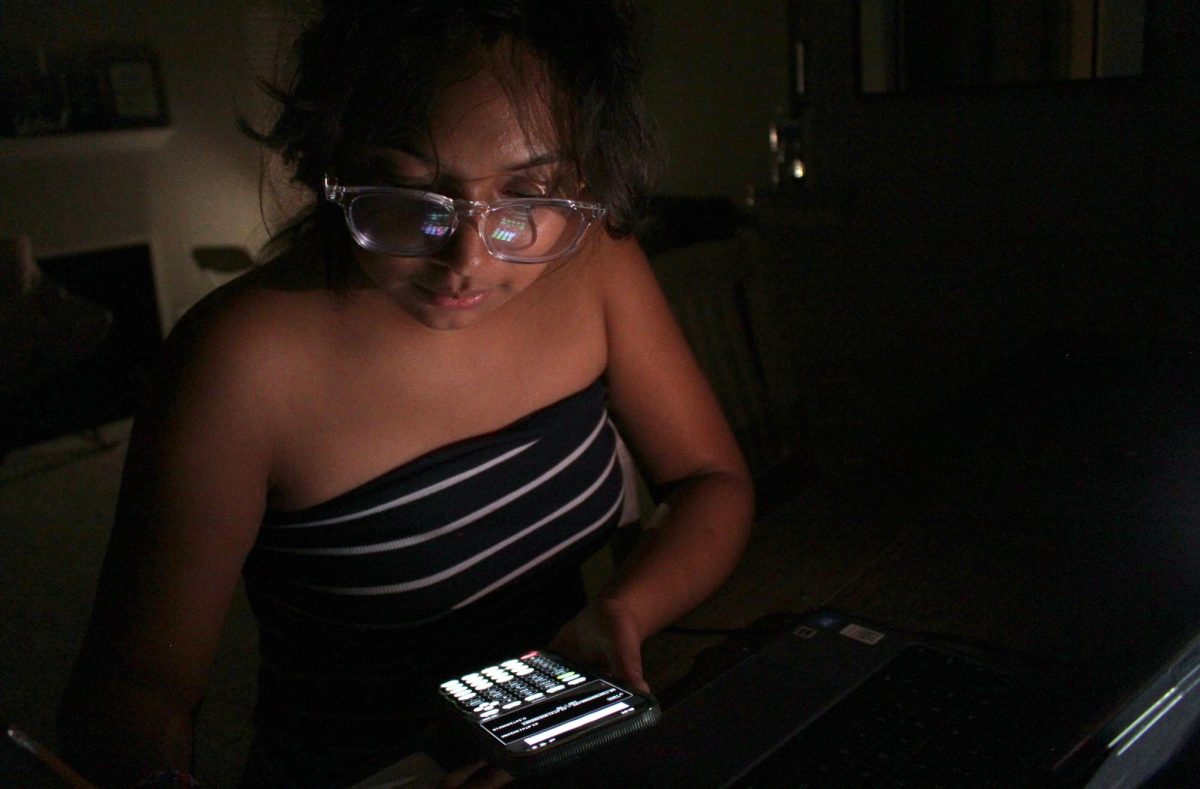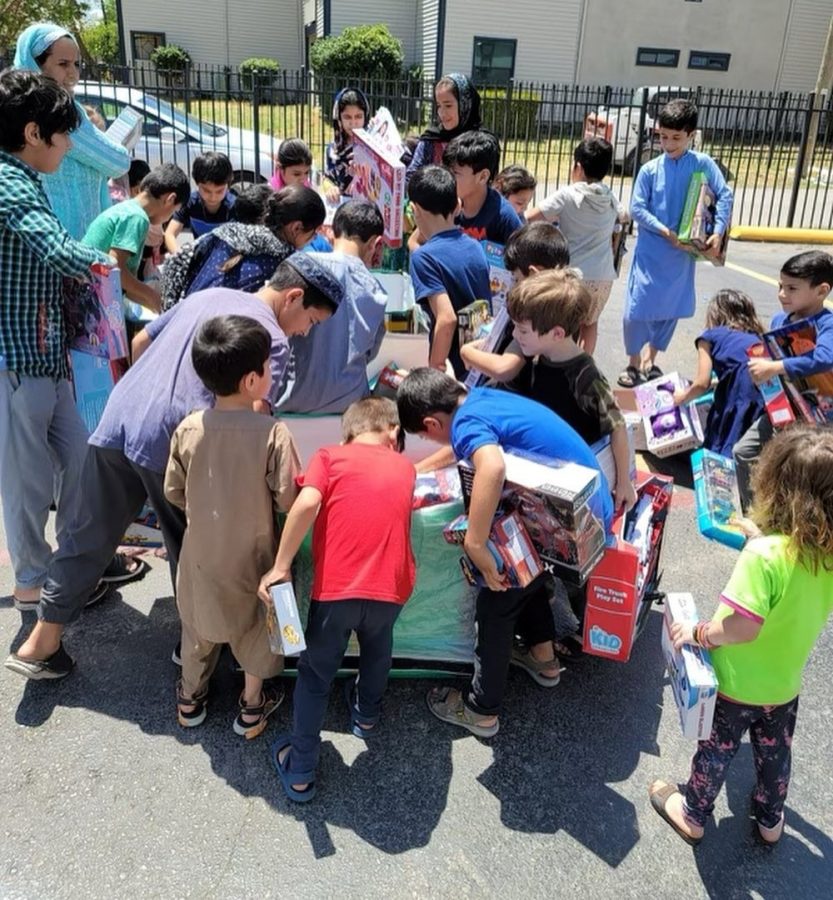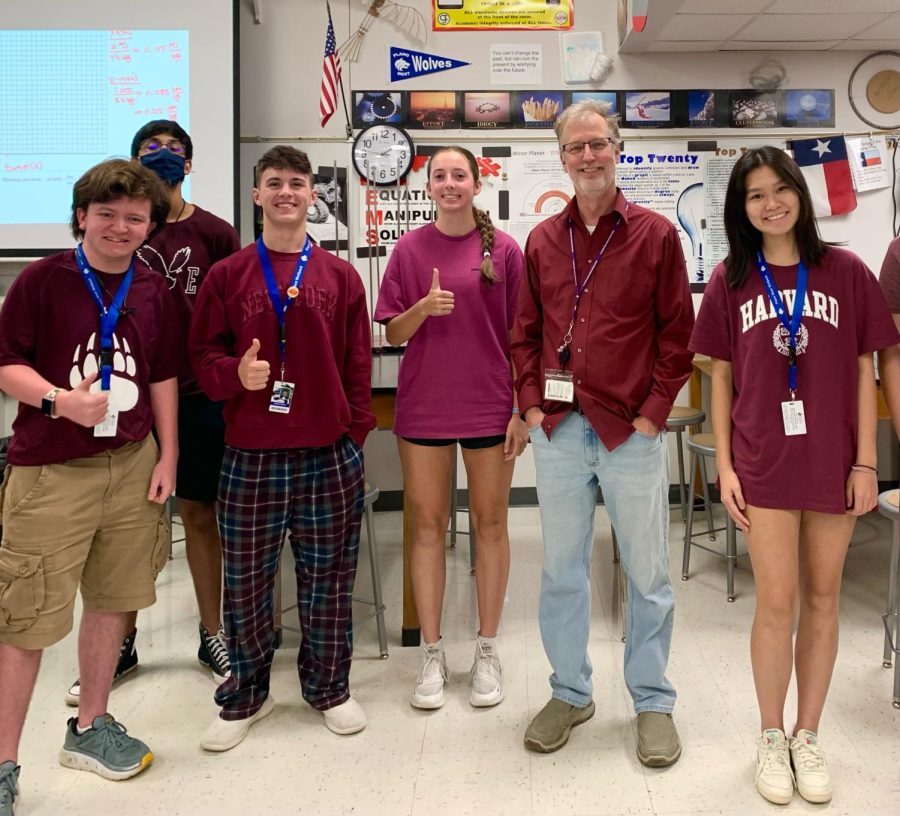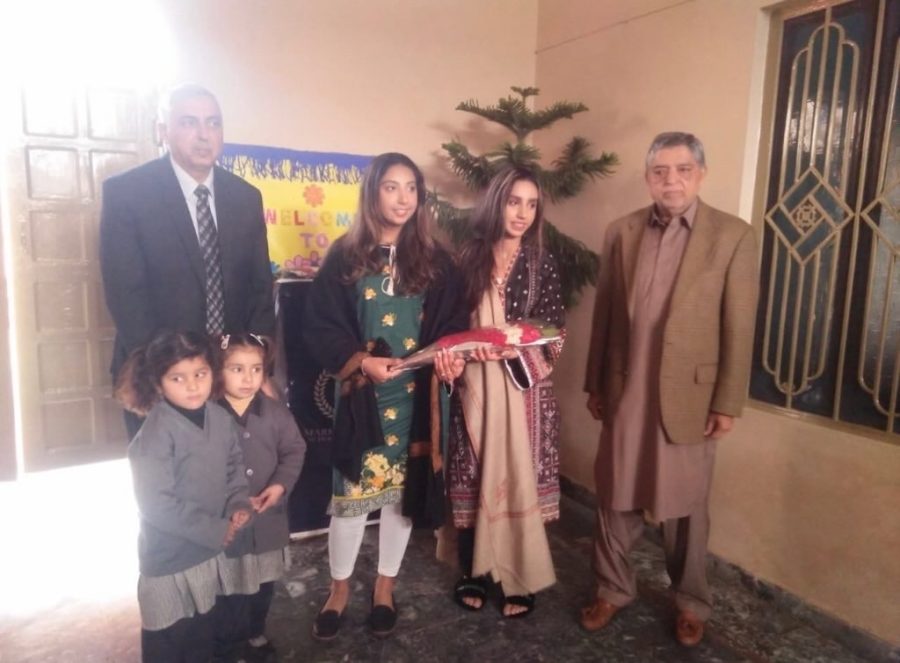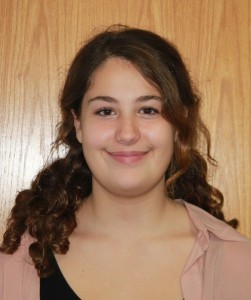Fossils are the preserved remains of ancient plants or animals. When fossils are uncovered, the person that uncovers them is the first and only person to see them. Recently, AP Environmental science (APES) students discovered various fossils on campus, including vertebrate fossils of fish teeth and scales, and invertebrate fossils such as clams and oysters. Plano West, along with all of Dallas and Plano is built on what is called the Austin Chalk Formation, which is a chalky limestone layer over 100 feet deep, and is about 80-90 million years old. As the site the fossils were found in continues to weather and erode, new fossils will continue to be uncovered for students to study and learn from.
“Fossils continue to fill in the gaps in evolution from the very first beings to modern organisms,” AP Environmental Science teacher Wesley Kirpach said. “They give us a visual of life as it was and life as it has changed. Fossils are very much like clues at a crime scene. Though we may have no eye witnesses, the clues are plentiful, and can help scientists deduce what may have happened in our ancient past.”
West has a history of fossils being discovered on campus. In January of 2009, an 85 million year old mosasaur fossil was found, along with vertebrate and a piece of the animal’s jaw. A few years earlier, in 2006, a similar discovery was made of a large fish called an xiphactinus.
“Students can read about natural history all day,” Kirpach said, “and putting a fossil in a student’s hand is more effective, but only to a point. For a student to walk into the field and find fossil remains that no other human being has ever seen is truly significant, and the discovery will last for a long time in their minds. The students at this campus have the opportunity to play a role in science instead of just simply reading about it.”
The benefits of studying fossils include not only educational benefits, but recreational ones for students as well.
“You get to see something that no one has seen in millions of years,” senior Paul Copley said.



